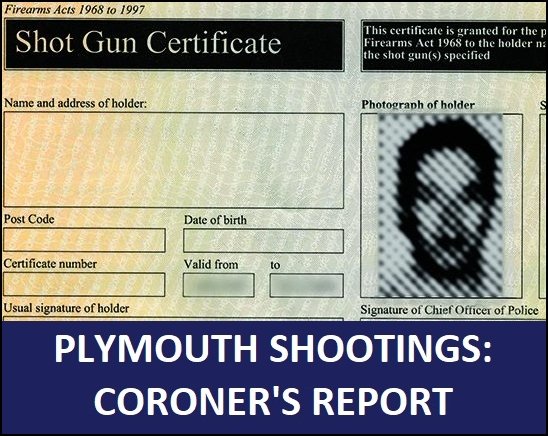Keyham Murders – HM Coroner’s Reports
You will be aware of the recent media reporting in respect of reports sent to a number of agencies from HM Coroner for Plymouth, Torbay and South Devon in relation to the murders of five people on 12 August 2021 in Keyham, Plymouth.
To be clear, the murders were tragedies in the truest sense. Five people, with lives ahead and plans for the day and weeks of the future, going about their daily business were murdered. They left behind loved ones, mothers, fathers, brothers, sisters, partners. Their sorrow cannot be imagined. It is also a tragedy for the staff of Devon and Cornwall Police who have to reconcile their actions and decisions with the tragic and disastrous events which unfolded on their watch.
One person decided to carry out these acts and, as is often the case, he is no longer here to face the consequences of his actions. He will be forever remembered with disgust and anger. The person responsible for the brutal murders held a shotgun certificate. There has been widespread reporting on the circumstances of his certification.
On Friday, 10 March 2023 the Coroner sent a number of notices to several organisations namely The Home Secretary, the Minister of State for Crime, Policing and Fire, the NPCC lead for policing, CC Tedds, all Chief Constables in England and Wales and the College of Policing. The link to the reports is http://www.serjeantsinn.com/wp-content/uploads/2023/03/KEYHAM-All-5-PFDs-combined-.pdf
The relevant organisations have 56 days to reply and we await sight of these replies.
Notwithstanding the foregoing, perhaps we should reflect on the general findings of the Coroner, which are replicated below in italics.
There was a serious failure at a national level by the government, Home Office and National College of Policing to implement the recommendation from Lord Cullen’s Report in 1996 arising out of the fatal shootings in Dunblane, to provide training for FEOs and the subsequent recommendation in Her Majesty’s Inspectorate of the Constabulary’s Targeting the Risk Report in 2015 for an accredited training regime for FEOs. The most recent statutory guidance from the Home Office (2021) has failed to include any mention of FEO specific training.
The training and informal mentoring was insufficient to enable the FEOs to safely discharge their duties. Informal mentoring had inherent limitations, meaning incorrect processes were perpetuated and not formally recorded as an agreed training method to deliver learning outcomes.
There was a catastrophic failure in the management of the FELU, with a lack of managerial supervision, inadequate and ineffective leadership. This was compounded by a lack of senior management and executive leadership who failed to notice or address the issues.
There was a lack of scrutiny and professional curiosity at all levels. The ineffective auditing and governance of the FELU in place led to an inadequate system of dip sampling, qualitative assessment of staff’s decision-making, and learning from the results of the same.
There was a seriously unsafe culture within the FELU of defaulting to granting licences and to returning licences after review. There was a dangerous lack of understanding on the part of the Devon and Cornwall Police FELU staff regarding the use and application of the FELU risk matrix.
Incompatible IT systems both within Devon and Cornwall Police and outside agencies contributed to a failure to communicate effectively. Budgetary limitations and staff shortages within Devon and Cornwall Police increased the probability of risk being incorrectly assessed which led to unsafe licences being issued.
These limitations were not confined to Devon and Cornwall Police but also existed at a national level, for example the National College of Policing not assigning resources to run an accredited national FEO training course.
What a sad state of affairs. It is damning. However, and let’s be clear here, this is not a problem which only affects Devon and Cornwall. The system for strategic overview of firearms licensing in the UK lacks unity, drive, teeth and authority; it needs to be replaced, likely with a national licensing authority which has the ability to deliver a better qualitative service to certificate holders as well as the wider public. It is time to rip up the England and Wales firearms licensing systems and replace them with something that actually works for society, certificate holders, and the future of lawful and responsible firearms use in the UK.
A new system for England and Wales must be professionally competent, curious, robust and fit for purpose, both from a public safety standpoint and from a service provision perspective.
All the official organisations need to overcome their internal arrogance that they know best. The Coroner names them all as responsible for a serious failure. There needs to be effective action to ensure these systemic failures do not happen again.
Recently, and despite clear evidence to the contrary, these agencies and forces have also seemed to deny that an existing UK-based system does work better, namely the firearms licensing executive of Police Scotland. If the largest firearms licensing department in the United Kingdom can deliver a service which is unrivalled in respect of public safety, service provision and complexity (bearing in mind it also has air weapon certification to deal with) then why do the strategic leaders in England and Wales policing not accept that their system is broken. This stubborn approach is dangerously stupid and a danger to the safety of the public and certificate holders. The old England and Wales system needs to be ripped up and started again.
In summary, the Coroner’s report makes it clear that this tragedy is the fault of the authorities and their failure to manage the England and Wales certification process properly. SACS agrees with this conclusion and we will fight against any attempt to pass blame to law-abiding certificate holders who should not be tarred with the same brush as the perpetrator.
We will keep you updated with the reports in 56 or so days.
Fraser Lamb
Fraser Lamb is in the unique position of both having been the operational head of firearm licensing for Police Scotland between 2013 and 2017, at a time of significant internal change from eight legacy forces to a single national force, and a provider of firearms licensing advocacy services for one of the largest fieldsports membership organisations in the UK. No one in post today has done this, and thus he has a unique perspective.

